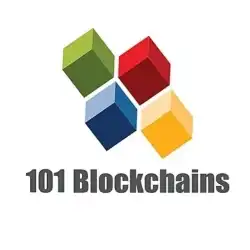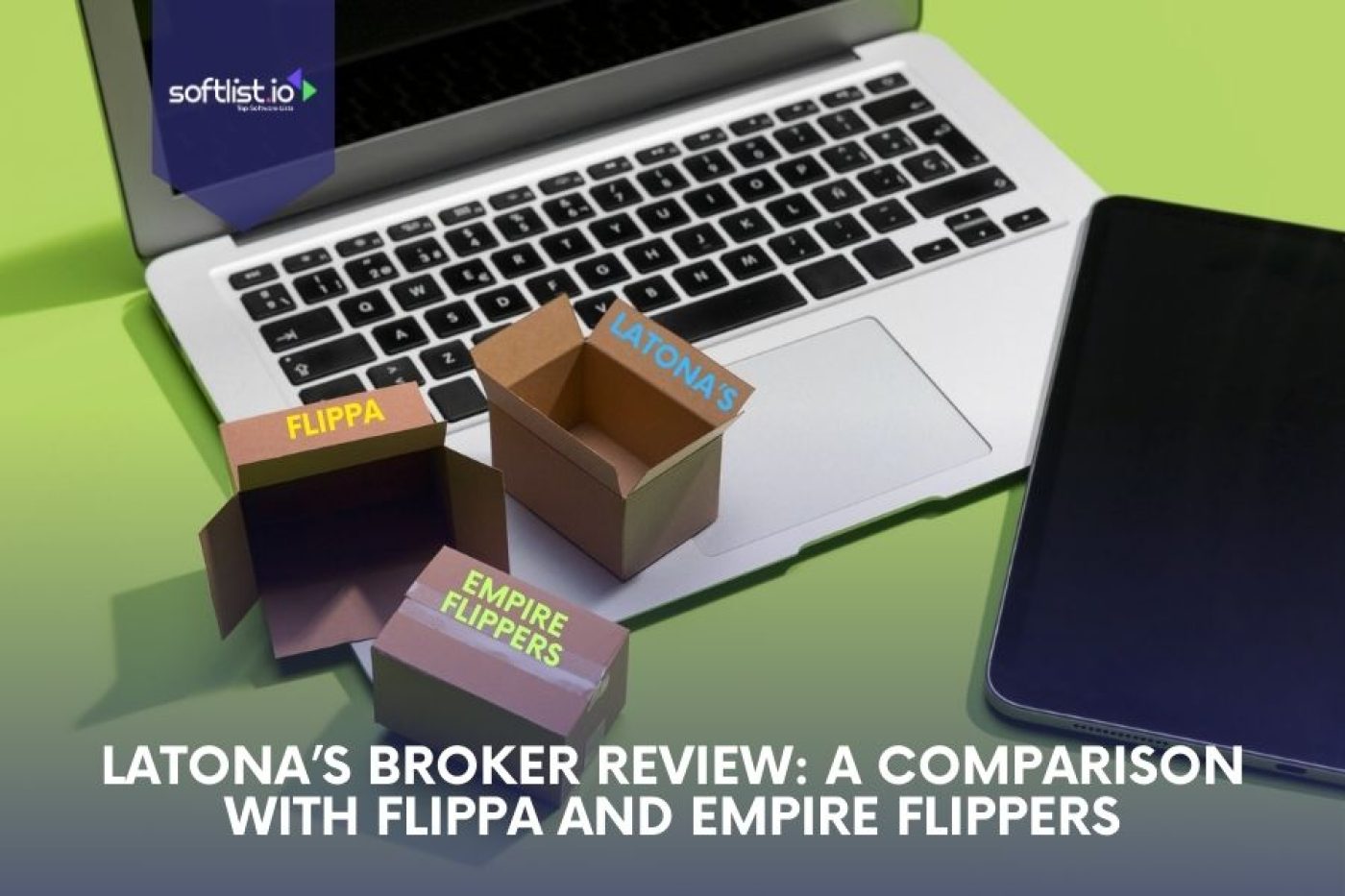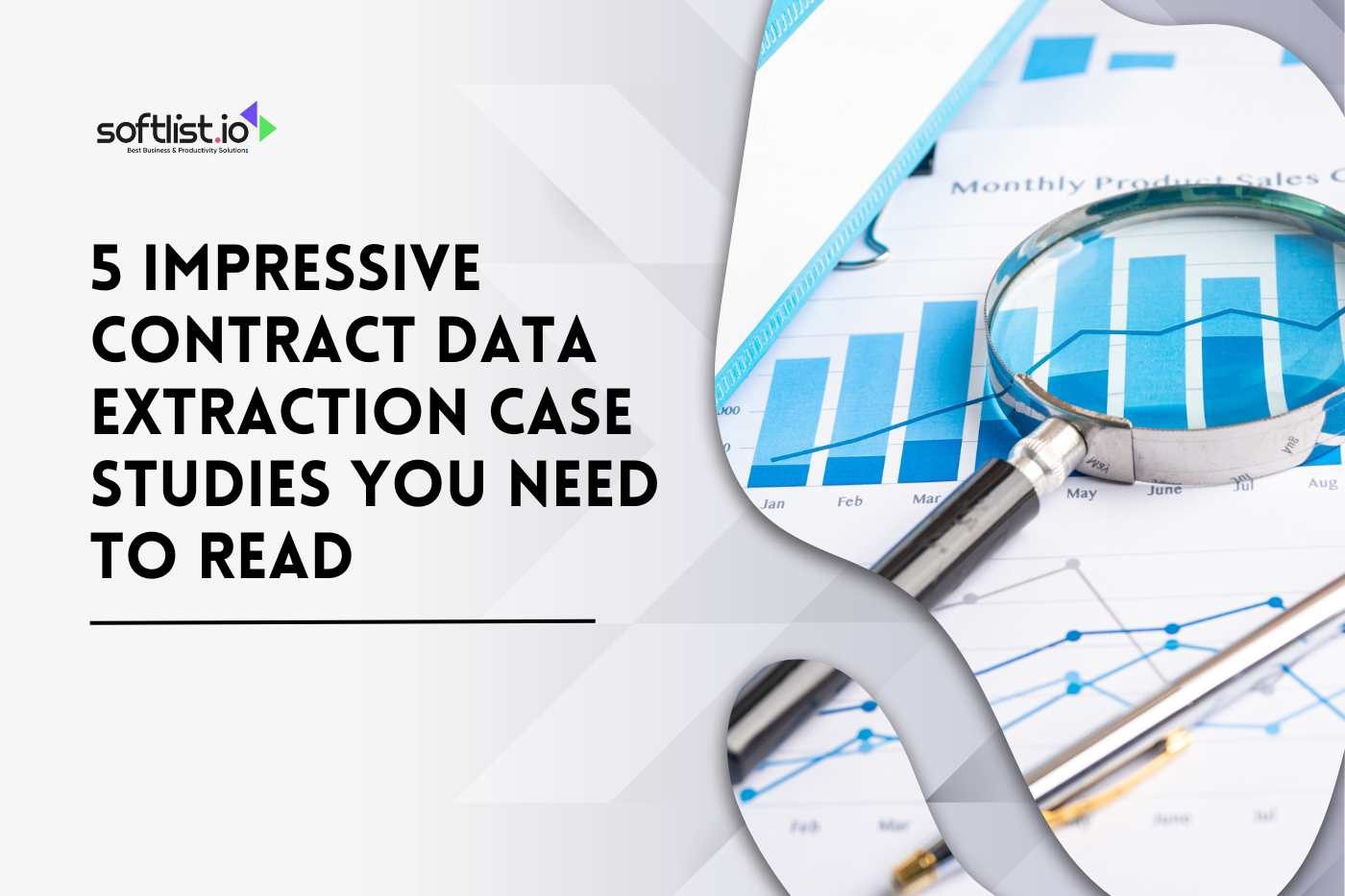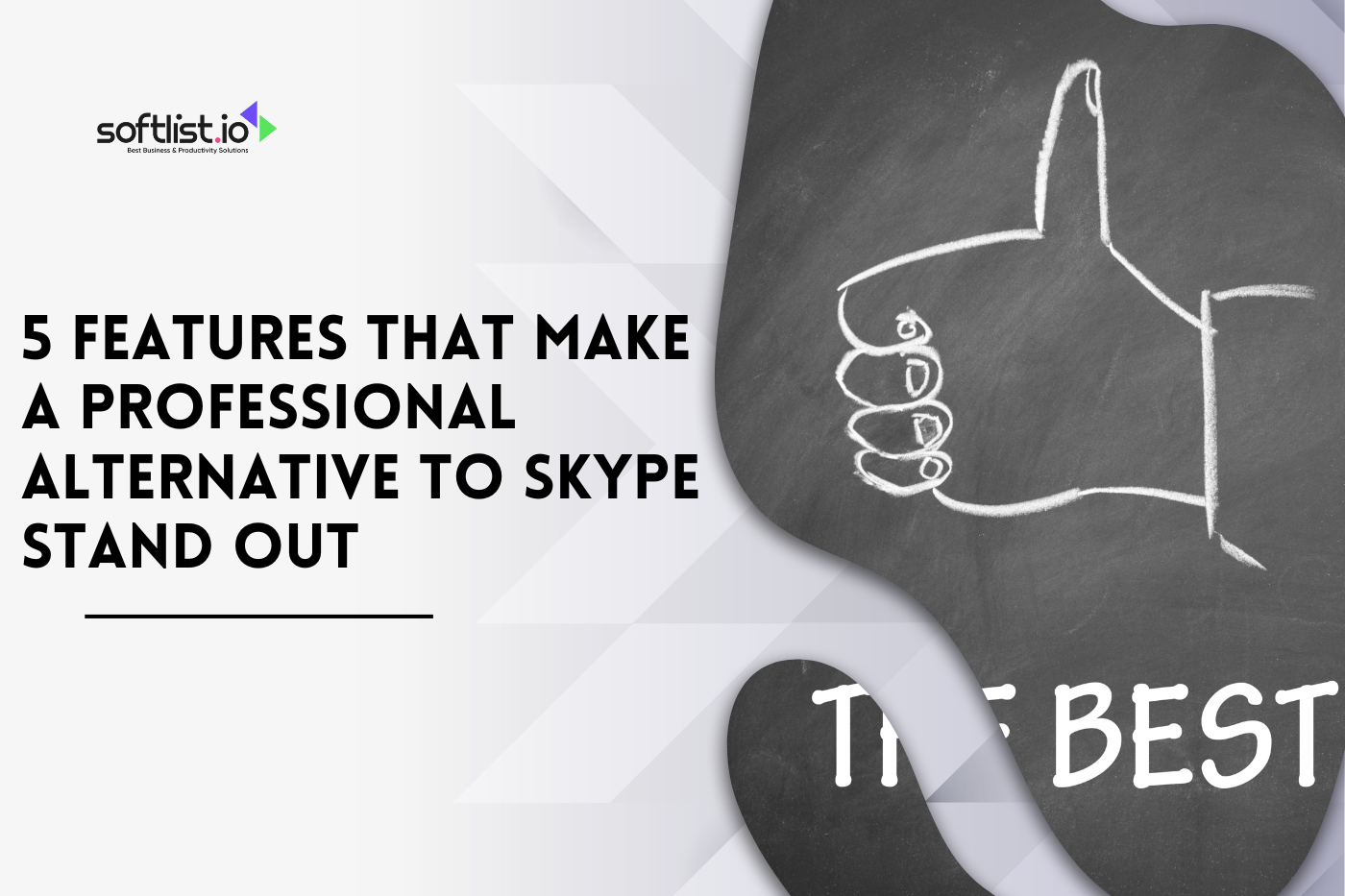In this comprehensive guide, we will explore the ins and outs of Dragonchain, its benefits, use cases, and how it is transforming how businesses operate. So, buckle up and prepare for an in-depth look at Dragonchain Blockchain Solutions.
What Is Dragonchain?

The world of blockchain technology is ever-evolving, with innovative blockchain solutions emerging daily. One such revolutionary platform is Dragonchain, a unique blockchain solution designed to simplify the integration of blockchain technology into existing businesses.
Dragonchain is a hybrid blockchain platform developed to make it more uncomplicated for businesses to adopt and integrate blockchain technology into their operations. It is an enterprise-ready platform that provides a secure, scalable, and flexible environment for developing and deploying smart contracts, decentralized applications (dApps), and other blockchain-based solutions.
This primary objective is to enable businesses to leverage the benefits of blockchain without the complexities often associated with traditional blockchain platforms. The platform achieves this by providing a simple and easy-to-use interface, comprehensive documentation, and a robust support system, enabling even those with little to no experience in blockchain development to build, deploy, and scale their blockchain services and projects with ease.
Pricing
If you have any questions about pricing, sales inquiries, or require support with this, don’t hesitate to reach out to their dedicated team! Simply send an email to info@Dragonchain.com, and they will assist you with your needs. Their team of experts is committed to providing exceptional service and ensuring you have all the information necessary to make the best decisions for your organization. Contact Dragonchain today, and explore how Dragonchain can transform your business!
How Does Dragonchain Work?

This hybrid architecture is designed to provide a unique combination of public and private blockchain features. The platform uses a five-level consensus mechanism to ensure its network’s security, scalability, and flexibility.
1. Business (Approval) Node
It is the first level of the consensus process and takes place on a private, enterprise-level blockchain.
2. Enterprise Validation Node
The second level involves validating the transaction through an enterprise node, which serves as a check and balance for the first level. It further strengthens the security of the private blockchain.
3. Network Diversity Verification Node
At this level, transactions are verified by a diverse set of nodes within this ecosystem. This step adds another layer of security by ensuring the consensus is reached across a wide range of nodes.
4. External Partner Notary Node
The fourth level involves notarizing the transactions through external partner nodes. These nodes serve as independent witnesses to the transaction, further bolstering the security and authenticity of the process.
5. Public Checkpoint Node
The final level of consensus involves anchoring the transaction data to a public blockchain, such as Ethereum or Bitcoin. This step provides the highest level of security, as it leverages the immutability and transparency of a public blockchain network.
Features

This boasts a range of features that distinguish it from other blockchain platforms. Here, we delve deeper into these unique aspects:
1. Containerized Smart Contracts
This allows developers to deploy smart contracts in any programming language without a testnet. This flexibility simplifies the development process and accelerates the deployment of smart contracts.
2. Docker Images
By implementing Docker containers, this ensures a secure and high-performance blockchain solution. Docker images streamline the development and deployment of blockchain applications, offering a consistent and reproducible environment.
3. Blockchain As A Service (BaaS)
This offers a full-stack public/private hybrid blockchain solution as a cloud-based or on-premise model. This BaaS approach enables businesses to easily integrate and manage their blockchain infrastructure while focusing on their core operations.
4. Affordable High Performance
This boasts instant transaction processing and fixed 5-second blocks, ensuring a responsive and efficient platform. Moreover, the platform offers deterministic and predictable transaction fees as low as $0.0000025, making it an affordable option for businesses of all sizes.
5. Scalability
Each application on this operates as its non-homogeneous private blockchain with selective public exposure capabilities when needed. This unique approach ensures scalability while maintaining privacy and security.
6. Interoperability
This platform is designed to protect sensitive business logic and remain GDPR/HIPAA compliant, all while allowing interoperability with other blockchains and traditional systems. This feature ensures seamless integration and interaction between various systems, enabling businesses to leverage the best of multiple platforms.
These unique features demonstrate this commitment to providing a versatile, secure, and user-friendly platform that caters to the diverse needs of businesses. By offering containerized smart contracts, Docker images, BaaS, affordable high performance, scalability, and interoperability, this is well-positioned to drive the adoption of blockchain technology across a wide range of industries.
How To Get Started With Dragonchain?

To get started with this, follow these steps:
1. Visit the official Dragonchain website and explore the platform’s features, use cases, and documentation.
2. Register a Dragonchain account to access various services and tools.
3. Acquire DRGN tokens, which serve as the utility token within this ecosystem. You can purchase DRGN tokens on various cryptocurrency exchanges.
4. Familiarize yourself with Dragonchain’s development environment by reviewing the platform’s comprehensive documentation and developer resources.
5. Start building your blockchain project using Dragonchain’s simple and user-friendly interface.
Benefits Of Dragonchain Blockchain Solutions
This offers a plethora of benefits for businesses looking to integrate blockchain technology into their operations:
1. Security
This multi-level consensus mechanism ensures high security, protecting businesses from fraud and data breaches.
2. Scalability
The platform’s hybrid architecture and Interchain™ technology enable businesses to scale their operations seamlessly without compromising performance or security.
3. Flexibility
This supports various programming languages and blockchain networks, allowing businesses to customize their solutions according to their needs.
4. Simplified Development
This user-friendly interface and comprehensive documentation make it easy for developers to build and deploy blockchain applications, even with little to no experience in the field.
5. Cost-Effectiveness
The platform’s utility token, DRGN, allows users to access various services within this ecosystem, providing a cost-effective solution for businesses.
Drawbacks Of Dragonchain

Despite its unique features and benefits, this does have some drawbacks that users should consider when choosing a blockchain platform:
1. Limited Awareness and Adoption
Dragonchain, although innovative and versatile, is less well-known than other blockchain platforms like Ethereum or Hyperledger. This limited awareness may impact the blockchain adoption rate and the Dragonchain ecosystem’s overall growth.
2. Smaller Developer Community
A larger developer community generally results in more resources, support, and innovation. This blockchain developers community is smaller than other public blockchain networks like Ethereum. It may affect the availability of third-party tools, libraries, and the pace of platform enhancements.
3. Competition with Established Platforms
Dragonchain faces fierce competition from established platforms like Ethereum, Hyperledger, and EOS, which have already gained significant traction in the blockchain. This competition may make it challenging for Dragonchain to attract new users and businesses.
4. Liquidity and Exchange Support for DRGN Tokens
While DRGN tokens are essential to access various services within the Dragonchain blockchain ecosystem, they may not be as widely available on cryptocurrency exchanges as other popular tokens. This limited availability could impact the ease of acquiring DRGN tokens and affect the overall utility of the platform.
5. Limited Enterprise Use Cases
Although Dragonchain is designed as an enterprise blockchain platform, it may only cater to some enterprise needs. Some businesses may require more specialized platforms tailored to their specific industry or use case.
Despite these drawbacks, Dragonchain remains a promising and innovative platform for businesses looking to integrate blockchain technology into their operations. Its unique features may outweigh its limitations for specific businesses and use cases.
FAQs
How do Dragonchain’s blockchain development services compare to IBM Blockchain?
Dragonchain offers a hybrid public/private blockchain platform. It provides flexibility and security for various use cases. IBM Blockchain focuses on permissioned blockchain networks for enterprises. Both platforms help in blockchain development services. Dragonchain’s features make it a versatile option for businesses. Especially to those looking to leverage blockchain technology across a wide range of industries.
In what ways can Dragonchain benefit financial services?
Dragonchain’s smart contract capabilities enable businesses to develop decentralized financial applications. These applications can streamline financial transactions. It reduces the need for intermediaries, resulting in cost savings and increased efficiency.
How does Dragonchain improve supply chain management?
Dragonchain’s transparent and immutable nature enables businesses to track products. It is from manufacturing to delivery. It ensures quality control and reducing the risk of counterfeit products. This increased visibility across the supply chain can lead to better decision-making.
Can Dragonchain help businesses develop a successful blockchain strategy?
Dragonchain offers a versatile and secure platform for businesses. It creates tailored blockchain solutions that address their needs and goals. By using Dragonchain’s unique features, businesses can develop a successful blockchain strategy.
How does Dragonchain simplify smart contracts development for businesses?
Dragonchain enables easy and flexible smart contracts development. It allows developers to write and deploy contracts in familiar programming languages. This approach streamlines the development process. It will enable businesses to integrate smart contracts without specialized blockchain expertise.
Best Alternative Software for Dragonchain
| Primary Rating: 3.5 | Primary Rating: 3.5 |
Conclusion
Dragonchain is a powerful and versatile blockchain platform. It offers businesses an easy way to integrate blockchain technology into their operations. Try Dragonchain and experience the benefits and features tailored for enterprises.
Unlock the potential of blockchain to enhance security and scalability in your organization. Visit Dragonchain to get started. Join the growing community of businesses leveraging this cutting-edge platform. Try Dragonchain now. Take the first step towards a brighter, more secure future for your business!
Browse our website today to explore a wide range of blockchain solutions. Learn how to harness blockchain’s power to drive innovation, efficiency, and security. Learn more and unlock the future of your business!








